Karrot: Community Spotlight
Karrot is a free and open source tool for grassroots initiatives and groups of people that want to coordinate face-to-face activities on a local, autonomous and voluntary basis. Kim caught up with Karrot team member Nick for the lowdown.
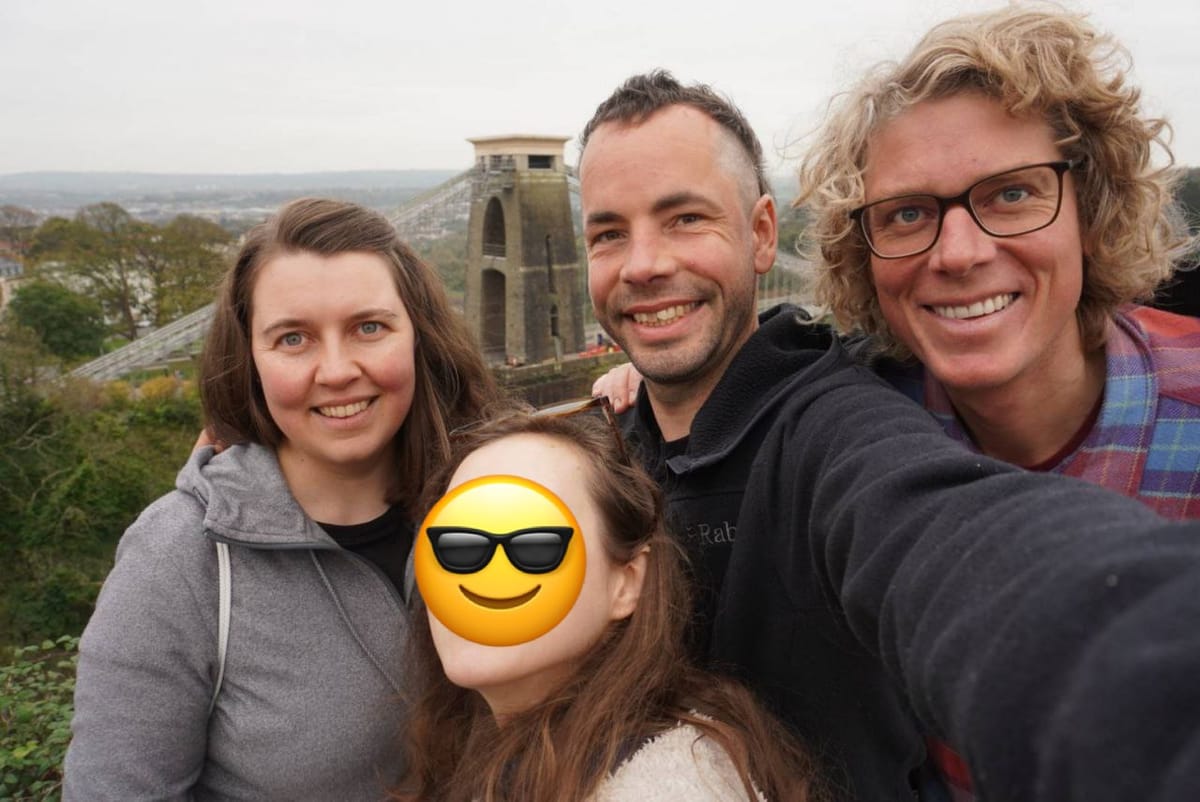
Tell us a bit about Karrot came to be!
We emerged out of a dream to build a digital sharing platform for the world, building off the back of the success a great foodsharing platform for German-speaking regions. Here's the original invitation to the event, 10 years ago now! The initial idea was a multipurpose sharing and reuse platform to prevent all sorts of resources from being wasted: including features for saving food, ride sharing, and sharing tools on a shoestring.
We had an initial gathering in Italy and from there had a few years of in-person gatherings at various locations around Europe. The code we worked on back then was the start of Karrot. Our initial focus was enabling groups that can't use foodsharing.de due to language or governance reasons to start groups to co-ordinate redistribution of surplus foods.
What does Karrot do in the simplest terms?
You create a group on Karrot, and use it to co-ordinate. People can apply to your group and you can choose whether to accept them or not. This is your community! Karrot is a tool to support your community organising.
The focus is on groups that do in-person activities together, for example “we need 2 people every Wednesday to collect food from this supermarket at 5pm” – it doesn't have to be about food. Once people have done an activity they can give feedback about how it went. Over time you can see statistics for what your group is doing. There are communication features to write messages to everyone in the group, or only those interested in specific aspects of the group, or only those signed up to do a specific activity.
We are aimed towards groups that want to self-organise with less-hierarchical structures: no admins! That means there are group processes for when a conflict arises, and we encourage groups to add their group agreements.
Do you have any big success stories?
I think still existing 10 years later having been built and maintained with minimal money is a big success in itself, in a world where many small platforms come and go. Our early adopters (when we had almost no features) are still using Karrot in very active daily use, and continue to work with us.
Each day approximately 3 tonnes of food are redistributed using Karrot.
We have found a rhythm of working where we can keep the platform alive, even if the funding runs out, and even if life pulls us in other directions for a while. That feels like resilience to me.
I also am very proud that we are using almost entirely open source tools to run the project: including emails (Postal), video calls (Livekit) and so on (Penpot, Excalidraw, Codeberg...).
In a world where everyone just uses WhatsApp, how do you convert people to a platform like Karrot?
Yes, good question. Even though I would rather people did not have to use WhatsApp, if that's the tool that people are using, when the group is getting started it can be the best tool for the job. I generally don't try and persuade people to use Karrot. I sometimes see it more like a “specialist business tool” – if they are struggling with the problems that Karrot solves, then they will feel the benefit of it.
WhatsApp also comes with its own set of problems that come up for community groups. For example, personal and project messages and notifications are combined in one tool (good for some, bad for others); there are very few features for more specific organising tasks; new users added to groups can't read the old messages; and group governance features are not always good fit for self-organised groups.
Would a small business or charity try organise everything soley through WhatsApp groups? No! There are reasons that organisations use tools with specialized features, and that applies to community organising too at a certain scale.
For some groups it's nice to know they are using tools that reflect their values, too.
It seems like Karrot is used a lot more in Germany than the UK! Why do you think this is?
We emerged out of a Germany-based project, and most of our early groups were from personal connections of people in this wider network. Some groups using foodsharing.de also wanted to operate independently from the wider foodsharing.de project, and Karrot is a tool that enables them to do that whilst keeping a similar model of organising.
The interface has been available in multiple languages since the very start of the project, so this further supports groups across many European countries to use it.
Although I am from the UK, and now live here again, we had relatively few connections with UK projects, and these kind of projects often grow through the network of connections rather than marketing. I'm hoping the UK-usage can grow over time!
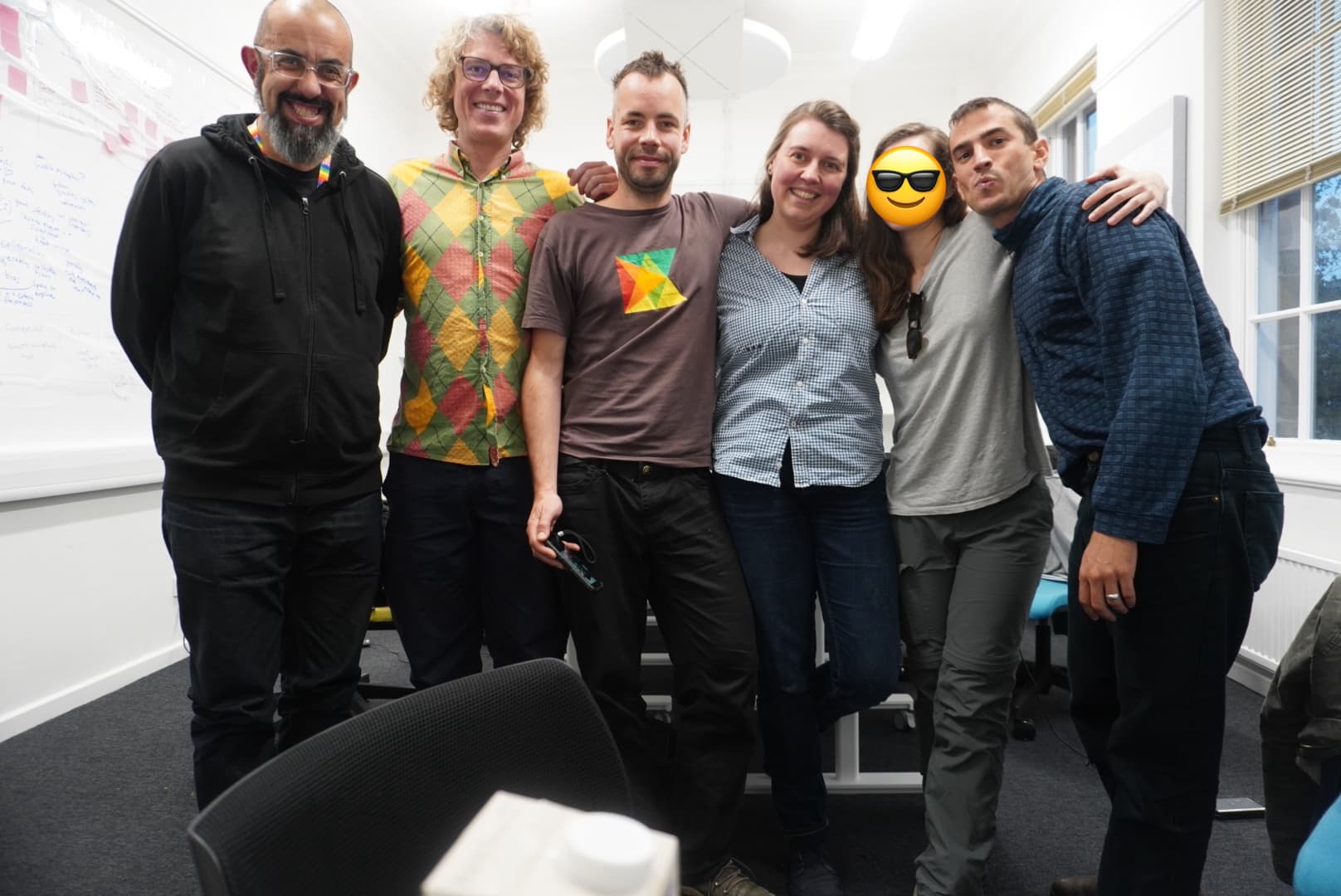
Can you tell us a bit about the tech stack?
Yes! It's a ‘boring’ tech stack, solid and dependable. It's built using Python with Django, and Django REST Framework. The database is PostgreSQL with a Redis instance alongside. The frontend is Vue using Quasar (provides many components and other features).
We try and keep it so not too many additional services are needed, optional video calls are enabled via Livekit (hosted or self-hosted), and collaborative pads are built using yjs and python libraries (avoiding extra nodejs service), websockets are handled in Python too with asgi and django channels. Push notifications are handled using Web Push (so no third party service).
We use Vite for frontend builds, and Codeberg CI for builds and releases. Deployment for our hosted instance is managed using Ansible, and self-hosted configurations are supported using Co-op Cloud or Docker Compose.
How can people get involved?
If you just want to play around with Karrot, you can sign up and use our Playground group, or you can create your own group. Documentation is available.
If you want to interact with the team you're welcome to apply to this group or via the community forum. The code is on Codeberg – although better to introduce yourself first rather than jump in right away.
We have a How To Get Involved doc too 😄

How are you funded?
For most our existence we have operated as a gift economy volunteer project. We received 2 rounds of NlNet grant funding totalling €46k. We have been wondering about developing a “Community Supported Software” approach for a while, and may explore that in the future.
What's next on your roadmap?
We recently did a big strategy session from which the outcomes are still emerging. We found 5 aspects to develop: finances, how we work (team), supporting existing groups, reaching out to more groups, and our broader visions of societal transformation. We try not to build new tech features without that broader context.
I would like to work closely with new community organising groups and networks, and find out which adapations we could make to better support their organising. Sometimes it might be as simple as making sure the messaging makes sense to potential groups, or hiding features they don't need. We have had a lot of discussions about having an incremental approach, so new groups just have a simple messaging tool and we only add in features when the group really needs them.
Another recurring need is better support for groups to interact with people outside of their core members (whether through public event listings, public activity signups, newsletters, etc...) as community groups often consist of a wider circle of ‘followers’ to engage with.
As we have a core spirit of self-organised working, it would be nice to support groups with skills, practises, resources and connections when trying to work in this way. Small groups often need a helping hand to get started with basic governance mechanisms (e.g. creating a clear group agreement at a certain size), and we may develop features to better support that evolution.
Thanks so much to Nick for the interview – go and have a go with Karrot now if you like!

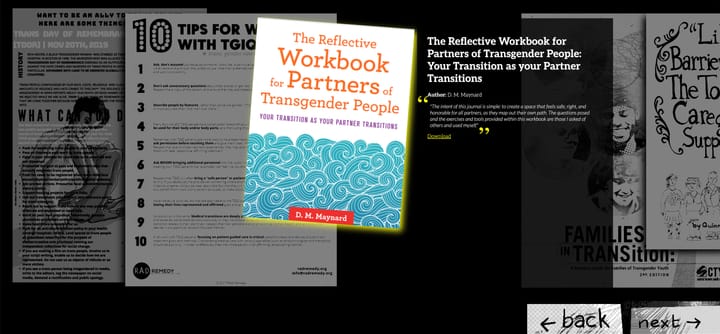
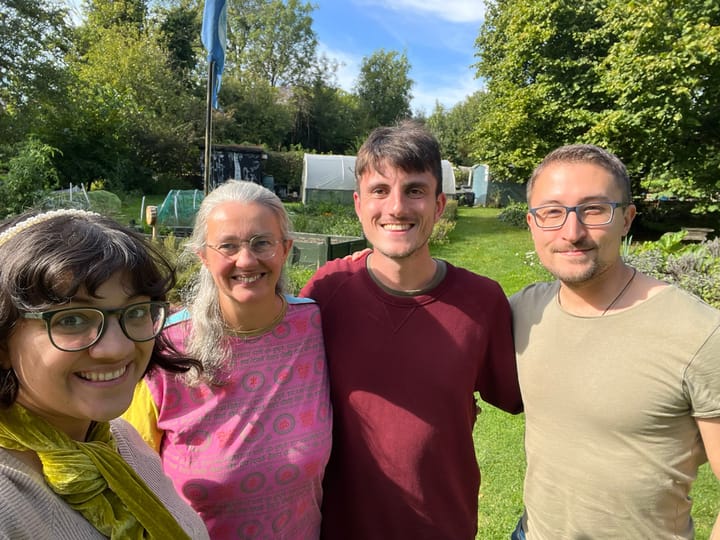
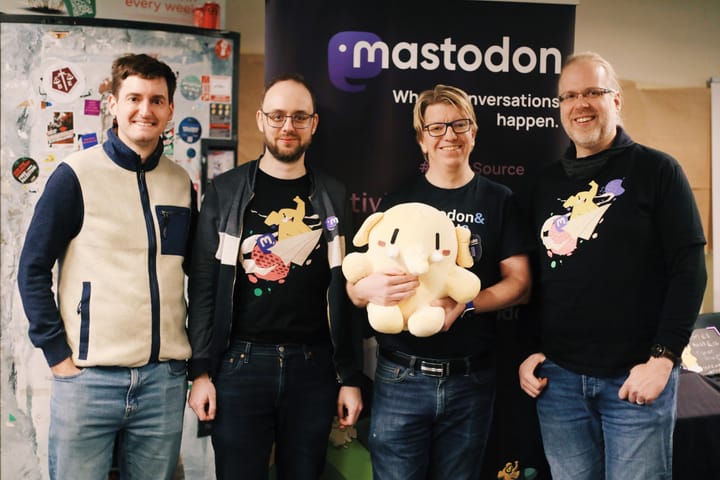
Comments ()